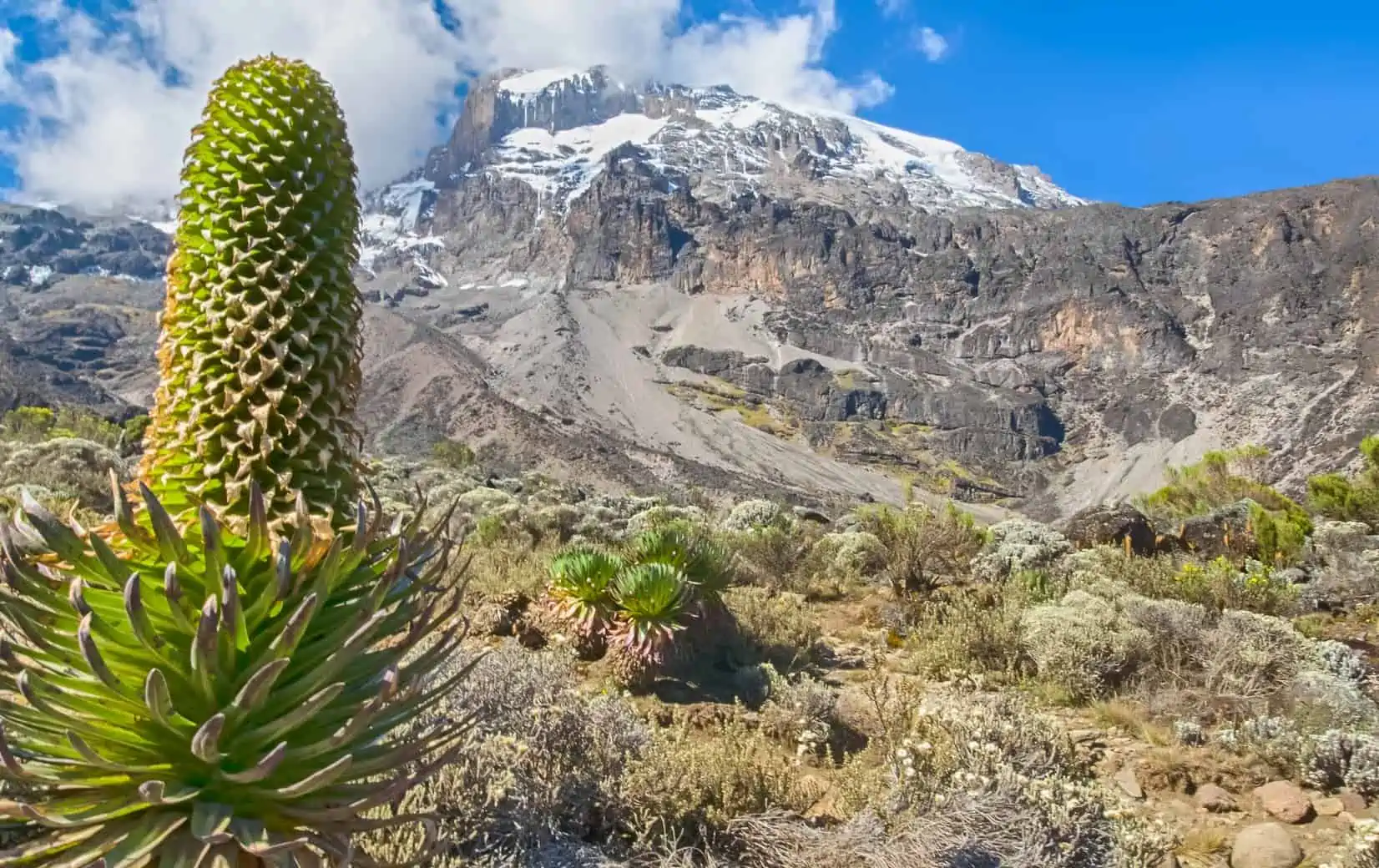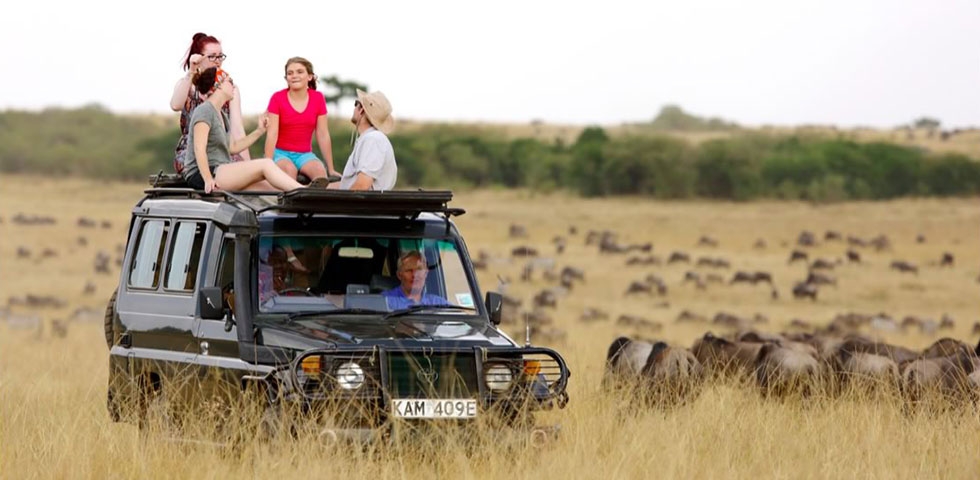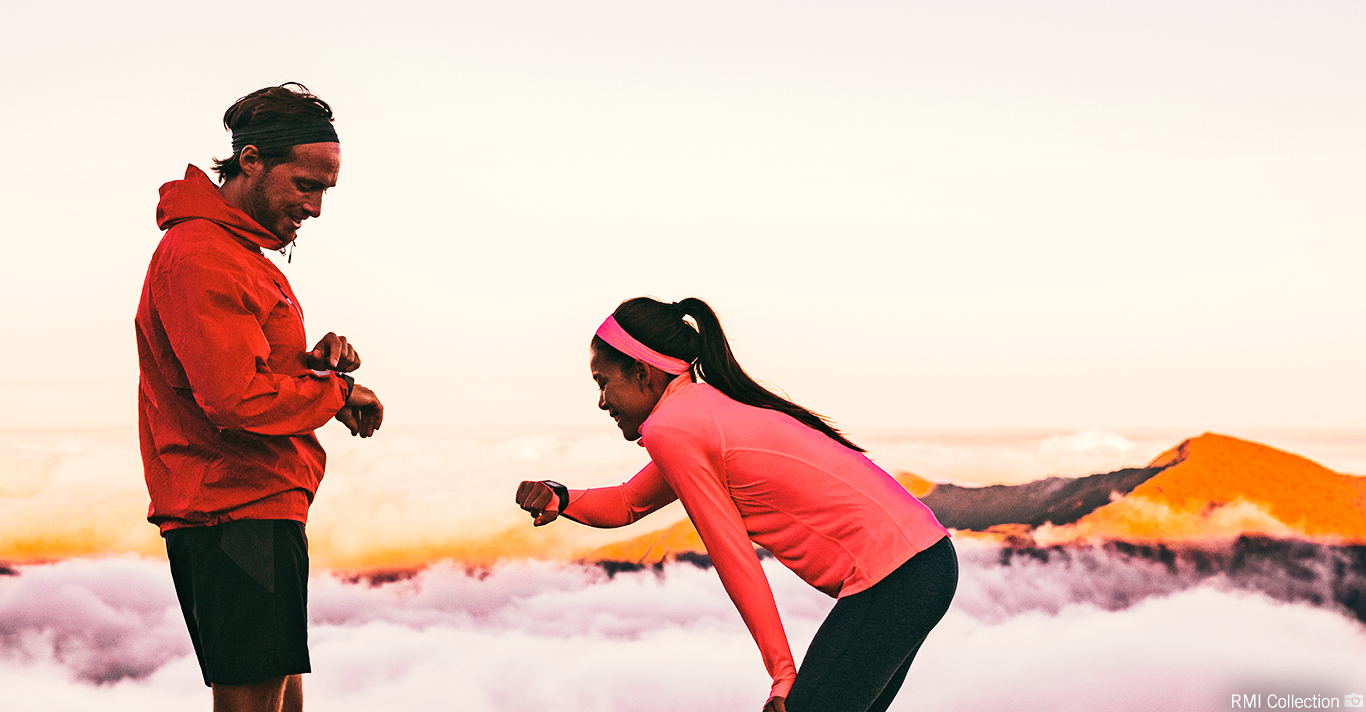IS COFFEE GOOD OR BAD ON HIGH AALTITUDE TREKKING?
IS COFFEE GOOD OR BAD ON HIGH AALTITUDE TREKKING?
It is commonly advised that you should not consume coffee or caffeinated products at high altitude but is this true?
Caffeine is a diuretic, hence most people believes that caffeine affects acclimatization process because it makes you pee lot leading to the loss of water in the body, this concluded that consumption of caffeine can lead to dehydration and increase the chance of getting acute mountain sickness (AMS).
Here is the truth!
Caffeine is indeed a diuretic, but only for those who are not regular users of the natural stimulant. People who drink coffee habitually have a strong tolerance for caffeine and do not show a diuretic effect from it.
A study conducted at Everest base camp (17,536 ft/5,345m) showed that the amount of urine passed was identical for caffeinated and non-caffeinated subjects. Both groups showed the same level of hydration. Therefore, caffeine does not appear to increase dehydration.
The Bottom Line
IF you are a regular coffee drinker, by all means you should continue to drink it while climbing. It does not appear to slow acclimatization and might actually be beneficial. On the other hand, ceasing coffee consumption altogether may do more harm than good as it could cause caffeine withdrawal.
Those who are not regular coffee drinkers should be a little more careful with its usage on the mountain. Caffeine’s stimulating effects may be helpful at altitude by improving performance, but may interfere with sleep. Therefore we suggest smaller and less frequent doses of caffeine, preferably stopping consumption by early afternoon. This applies to supplements containing caffeine, like energy pills, drinks and gels, as well as coffee.



